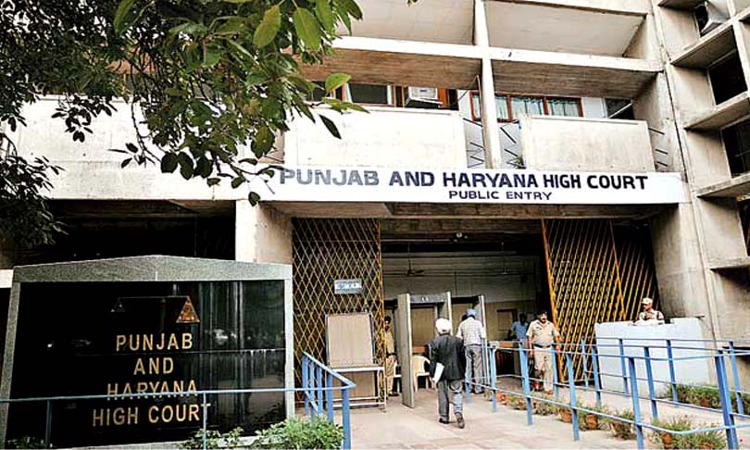In a significant judgment on May 23, 2025, the Punjab and Haryana High Court dismissed the anticipatory bail application of Inspector Ronnie Singh, one of the twelve police officers accused of assaulting Colonel Pushpinder Bath, a serving Indian Army officer, and his son during a parking dispute in Patiala, Punjab. The case, which has sparked widespread public outrage and debates about police conduct, has once again brought the spotlight on the role and accountability of law enforcement agencies in India.
The incident took place on the intervening night of March 13-14, 2025. According to the FIR and eyewitness accounts, Colonel Bath and his son were subjected to physical assault by police personnel, despite the victim’s clear identification as an army officer. The FIR was filed only after public pressure mounted following media coverage of the incident. Following this, the Punjab and Haryana High Court transferred the investigation from Punjab Police to a newly formed Special Investigating Team (SIT) under the Chandigarh Police to ensure impartial inquiry.
Justice Anoop Chitkara, while rejecting the anticipatory bail plea, articulated a strong message on the ethos expected of the police force. He noted, “The prime duty of the police is not to instil fear in the minds of the public using unwarranted force but to secure observance of law and order.” The judge elaborated on the deeply ingrained fear that many citizens, especially the poor, marginalized, and illiterate, harbor towards the police. This fear, he pointed out, is often a consequence of misconduct by a small but significant minority of police officers, such as those involved in the present case.
The court emphasized that the police must function with a balance of firmness and sensitivity. Justice Chitkara stated that while it is necessary for the police to use reasonable force to control crime and maintain order, it must be exercised with empathy, kindness, honesty, and impartiality. Such conduct is vital for maintaining public trust and ensuring that the police are seen as protectors rather than oppressors.
What made this case particularly disturbing, the court noted, was the blatant disregard by the accused officers of their professional duties. Despite being aware, through Colonel Bath’s identity card, that he was a serving army officer, the accused allegedly continued their assault, snatched the officer’s ID card, issued threats to his life, and showed no inclination to stop their violent behavior. Justice Chitkara remarked, “Such conduct of the police team in brutally beating an individual, even after being made aware that he was a serving member of the armed forces, reflects the mindset of some of the police officers in this part of the country.”
The judge also highlighted the sensitive nature of the region where the incident took place. Punjab’s proximity to a hostile international border, its turbulent history of militancy, and ongoing challenges with cross-border narcoterrorism make it imperative for police officials to maintain the highest standards of professionalism and discipline.
Upon reviewing the documents submitted with the bail petition, the court found prima facie evidence implicating Inspector Ronnie Singh in the assault. The nature of the offenses charged under various sections of the Bharatiya Nyaya Sanhita (BNS) — including serious and non-bailable charges — further weighed against granting anticipatory bail. The court observed that allowing bail in such a case could potentially undermine the seriousness of the crime and the confidence of the public in the justice system.
This ruling is being seen as a strong assertion by the judiciary on police accountability and an attempt to restore faith in law enforcement at a time when incidents of police excesses continue to raise concerns nationwide. The rejection of bail also sends a clear message that law enforcement personnel must uphold the dignity and rights of all citizens, irrespective of their status, and that any misuse of power will be met with strict judicial scrutiny.
The Patiala incident has also prompted political reactions, with opposition parties demanding swift action against the accused police personnel. The transfer of investigation to the Chandigarh SIT is expected to bring more transparency and thoroughness to the inquiry.
In conclusion, the Punjab and Haryana High Court’s decision underscores the delicate but crucial balance the police must maintain between enforcing law and respecting the fundamental rights of individuals. As the investigation continues under the new SIT, the case remains a critical test of the Indian justice system’s ability to hold even state actors accountable and uphold the rule of law.













